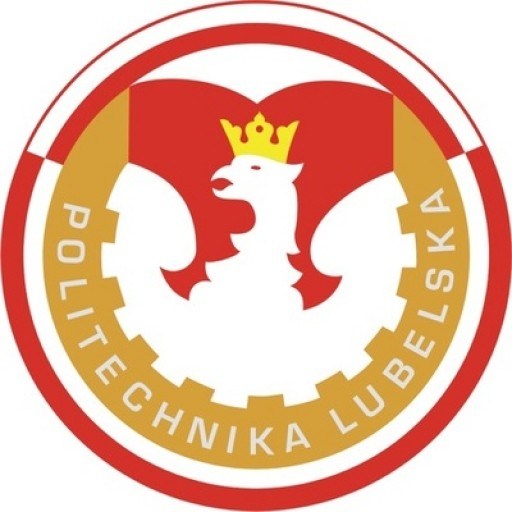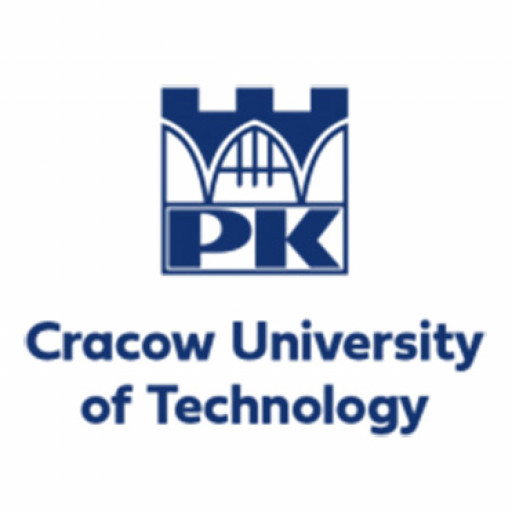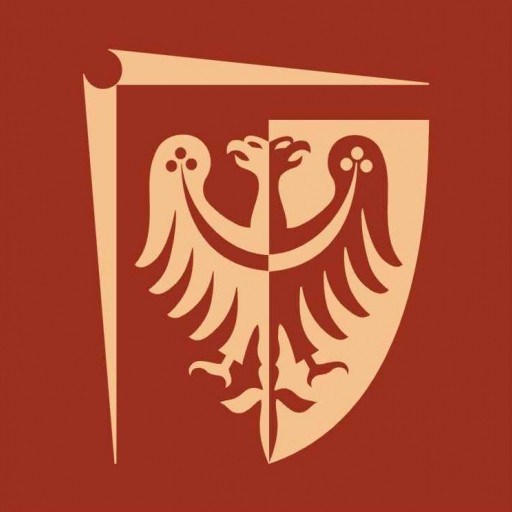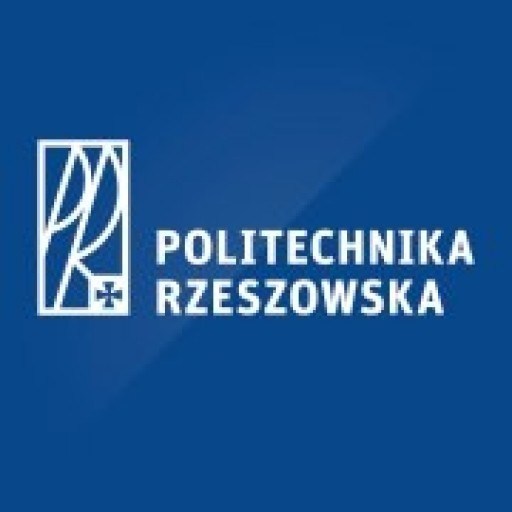Architecture — specialization: Diagnosis and Repair of Buildings at Lublin University of Technology offers a comprehensive and specialized educational program designed to prepare students for careers in the preservation, renovation, and restoration of existing structures. This program emphasizes the development of deep theoretical knowledge combined with practical skills essential for assessing the condition of buildings, diagnosing structural and material deficiencies, and implementing effective repair strategies. Throughout the studies, students gain a solid foundation in architectural principles, building construction, materials science, and structural engineering, with an added focus on the peculiarities of old and historic buildings. The curriculum is tailored to equip future architects with the ability to analyze complex building issues through modern diagnostic methods, including non-destructive testing and advanced imaging technologies, and to formulate innovative solutions aligned with sustainable development goals. Students are encouraged to develop critical thinking skills, attention to detail, and an understanding of legal and conservation regulations relevant to building repair and preservation. The training includes practical workshops, laboratory exercises, and internships in collaboration with industry partners, providing hands-on experience in structural assessments, repair project planning, and supervision. Graduates of this specialization will be prepared to work as specialists in the diagnosis and restoration of existing buildings, contributing to the conservation of cultural heritage and ensuring the safety and functionality of structures in compliance with modern standards. They may find employment in architectural offices, consulting firms, conservation agencies, and construction companies focused on building refurbishment and preservation projects. The program fosters an interdisciplinary approach, integrating architecture, engineering, and heritage conservation, to develop professionals capable of tackling complex building repair challenges in contemporary practice.
The Architecture specialization: Diagnosis and Repair of Buildings at Lublin University of Technology offers students a comprehensive education focused on the assessment, diagnosis, and restoration of building structures. This program is designed to equip future architects with the knowledge and skills necessary to identify structural issues, analyze building conditions, and develop effective repair strategies that ensure safety, durability, and sustainability. Throughout the course, students engage in both theoretical studies and practical exercises, including inspections, material testing, structural analysis, and the development of repair plans. The curriculum covers a wide range of topics such as building physics, materials science, structural engineering, historical building conservation, and modern repair technologies. Students learn to utilize advanced diagnostic tools and software, enabling them to accurately evaluate building conditions and determine the most appropriate intervention methods. The program places strong emphasis on sustainable and innovative repair solutions, aligning with contemporary demands for eco-friendly and cost-effective building maintenance. Internships and collaborations with industry professionals are an integral part of the curriculum, providing students with real-world experience and insights into current practices. Graduates of the specialization will possess the expertise needed to work in engineering consultancy firms, restoration companies, construction management, and governmental agencies responsible for building safety and heritage preservation. They will be prepared to handle complex repair projects, ensuring the structural integrity and longevity of buildings in various environments. With an interdisciplinary approach, this program also encourages students to develop critical thinking, problem-solving abilities, and a deep understanding of architectural heritage preservation. Upon completing the specialization, graduates will be well-equipped to contribute to the development and implementation of innovative solutions for diagnosing and repairing buildings, helping to extend the lifespan of structures while safeguarding their historical and cultural significance.
Program requirements for Architecture — specialization: Diagnosis and Repair of Buildings at Lublin University of Technology include a combination of prior educational background, language proficiency, and technical skills. Applicants must possess a secondary school certificate or its equivalent, confirming completion of secondary education with satisfactory grades. Admission often requires passing an entrance examination that evaluates general knowledge, mathematics, and artistic or spatial reasoning skills. Additionally, candidates should demonstrate proficiency in the English language, typically through standardized tests such as TOEFL or IELTS, as the programme may include courses delivered in English or require the reading of technical literature in English. Prior experience or coursework in art, technical drawing, or architecture is advantageous but not mandatory. The programme emphasizes the importance of a strong foundation in mathematics, physics, and computer-aided design (CAD) skills to ensure students can adapt to advanced topics in building diagnosis and repair strategies. Prospective students should prepare for a curriculum demanding both practical and theoretical knowledge, including case studies, project work, and internships. The university may also require submission of a portfolio or motivation letter to assess the applicant’s interest and aptitude for building diagnostics and repair. Candidates should meet the health and safety standards required to undertake practical tasks in construction environments. In summary, successful applicants should have a solid academic background, technical skills, language proficiency, and motivation aligned with the interdisciplinary nature of diagnosis and repair of buildings, ensuring they are well-prepared to engage with coursework, research activities, and fieldwork integral to the programme.
The financing of the Architecture specialization: Diagnosis and Repair of Buildings at Lublin University of Technology is primarily supported through a combination of domestic and international funding sources, government grants, university budgets, and student tuition fees. As a public university in Poland, Lublin University of Technology benefits from funding allocated by the Polish Ministry of Education and Science, which supports the development of various engineering and architectural programs, including specialized fields such as diagnosis and repair of buildings. This funding ensures the modernization of teaching facilities, procurement of advanced diagnostic and repair equipment, and the development of innovative curricula to meet industry standards.
Additional financial support is obtained through Erasmus+ exchanges and international cooperation projects, which provide mobility grants for students and faculty, enhancing the internationalization and quality of the program. The university also participates in project funding competition calls from the European Union Structural Funds, aimed at sustainable development, innovative construction techniques, and building diagnostics. These projects often involve collaborations with industry partners, research institutions, and governmental agencies, which contribute resources and technical expertise to enhance the program's infrastructure and research capabilities.
Students directly finance their studies mainly through tuition fees, which are regulated by the Polish government and university policy. For domestic students, fees are generally lower and may be partially subsidized depending on the student's financial situation or scholarship opportunities, such as the government's "Stypendium dla doktorantów" or other merit-based scholarships. International students pay higher tuition fees, with some funding opportunities available through bilateral agreements or institutional scholarships.
The university also offers various forms of financial assistance, including merit-based scholarships, need-based grants, and sponsorship programs through industry partnerships. These financial structures enable the program to maintain high educational standards, incorporate state-of-the-art diagnostic technologies, and carry out research activities aimed at enhancing building diagnostics and repair techniques. Overall, the financing strategy ensures the sustainability, development, and international competitiveness of the specialization: Diagnosis and Repair of Buildings at Lublin University of Technology, aiming to prepare highly qualified specialists in this niche field.
The Architecture programme with a specialization in Diagnosis and Repair of Buildings at Lublin University of Technology offers students a comprehensive education focused on the analysis, assessment, and remediation of building structures. This specialization is designed to equip future professionals with the knowledge and skills necessary to identify structural issues, diagnose problems related to building deterioration, and implement effective repair and reinforcement strategies. The curriculum typically combines theoretical lessons with practical workshops, enabling students to gain hands-on experience in inspection techniques, diagnostic methods, and modernization solutions. Students learn about materials science, construction technologies, and environmental factors influencing building durability, preparing them to work in conservation, restoration, or modern construction industries. The programme emphasizes the importance of sustainable practices and innovative repair solutions, reflecting current trends in architecture and civil engineering. Graduates of this specialization are expected to be competent in conducting detailed structural investigations, evaluating building conditions, and designing appropriate intervention measures to ensure safety, functionality, and longevity of buildings. The faculty often collaborates with industry partners, providing students with internship opportunities and exposure to real-world challenges. This programme aligns with the university’s mission to develop skilled engineers who can contribute to the preservation and modernization of the built environment while maintaining high standards of quality and safety. The degree prepares students for careers in consulting firms, construction companies, or public institutions involved in building diagnosis and repair projects.








